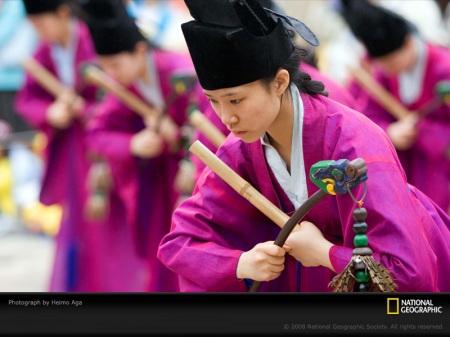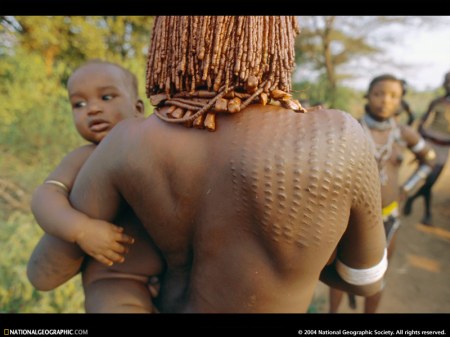Marriage – since this was the last theme of modern ritual I found some interesting things out. When I think of marriage I see it in a romantic loving notions. However the tradition of weddings as it seems is not part of this notion. Is this a modern thought to have this connection of love to marriage??. In Indian contexts there are many arranged marriage that are about kinship ties and astrology. I was reading back through 101 anth text book and as it states in European marriage in medieval times as
British social anthropologist Jack Goddy (1976: 14-25) pointed out that European marriage was characterized by class endogamy, in which the bride’s dowry and the groom’s inheritance has to be a good match for marriage to take place, because inheritance and dowry served as tough measure of social standing.
Also I was reading back and this part of some text I found fascinating about Polygyny and it stated that…
Polygyny automatically creates a scarcity of potential wives, which is partially alleviated by the large age difference between men and women at marriage. Girls may be promised in marriage before they are born, and men might be well beyond 30 years of age before their first marriage, perhaps to a much older widow, while 12 year old girl might marry a 50 year old man. If one assumes an even sex ratio, then the only way in which some men could have more than one wife would be for a women to marry a younger age than men. The wider the age differential at marriage, the more polygamous marriages can take place.
Western ideas see this as wrong or taboo. However in many different countries this a normal acceptance especially in Africa and the Aboriginals in Australia. I have also heard of other marriages were a women marries a man and also his brothers to make a linage and in China there is a culture that do not believe in marriage and the men are not the farther to their children. So the children do not no their biological Fathers. I think it is the Han people. The brothers of the sister who has a child looks after them.
Well this is the last blog for Anthropology 213. In my other post I wished everyone luck in their exam, but since that is over I hope everyone gets the results they were wanting. Q.How do we get our grades for our blog and test? and how and what are our blogs graded on? I have found this paper very interesting and now I look at everyday an simple things through an anthropological lens and with the notions of rituals.
Here are some photos of difffrent rituals that I thought were amazing 😀


Ritual scars
